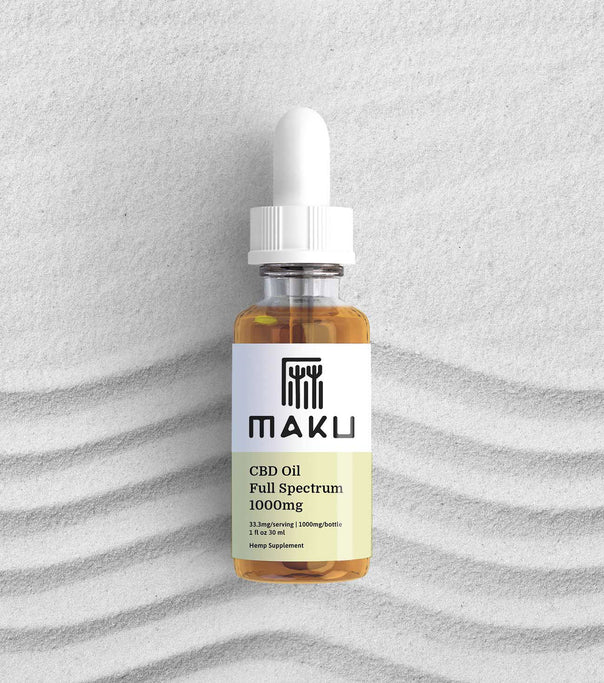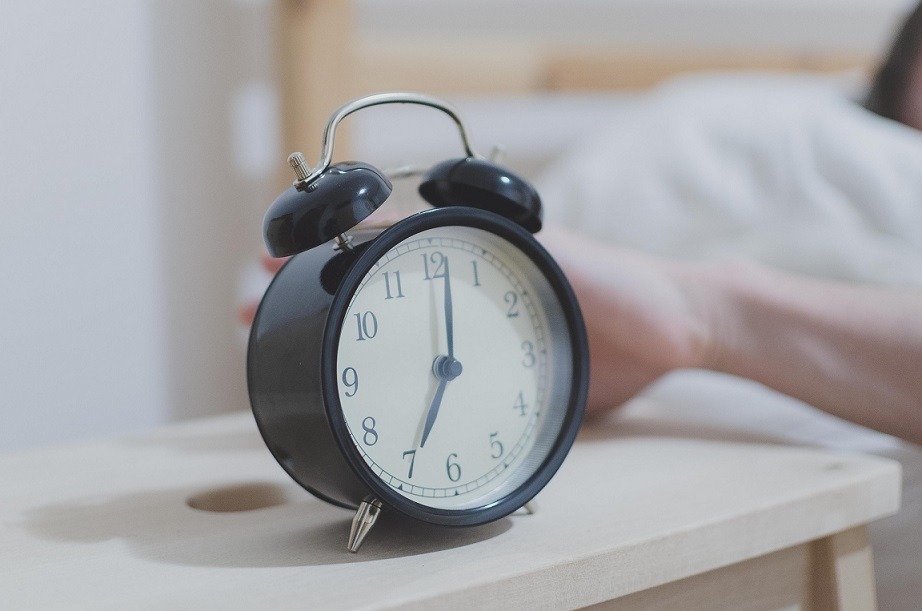CBD for Sleep and Insomnia: Can it help?
Sleep plays an important role in your mental and physical health. When you have a healthy sleep cycle, your body and mind are able to engage in many restorative processes, including healing and repairing cognitive and cardiac functions. Even though you may be dreaming, your body is actively working, boosting your immune system, fighting inflammation, regulating digestive processes, and so much more.
Without healthy sleep, one’s body will not be able to effectively fight off diseases and the brain cannot function properly. This not only leads to physical health issues but also can result in a lack of concentration and clear thinking as well as impediments when trying to process and retain memories.
Sleep problems can also break down the circadian rhythm. For instance, a light directly impacts this process. In the brain, there is a region of nerve cells called the hypothalamus. Within the hypothalamus is a cell cluster called the suprachiasmatic nucleus. Here signals are processed when the eyes are exposed to natural or artificial light, which helps the brain identify whether it is day or night. When natural light dissipates in the evening, melatonin, a natural hormone, is released in the body, which is why you feel drowsy as the night wears on.
In the morning, as you near your wake cycle, cortisol, another hormone, is released, which helps you feel alert and ready for the day. This is the basis of a healthy sleep cycle, and when it is disrupted, or if your body doesn’t produce the natural hormones it needs to regulate this cycle, then you may find yourself suffering from shut-eye.
Common Causes of Sleep Loss
Poor sleep can be caused by many different factors, including chronic pain, stress, post-traumatic stress disorder (PTSD), and anxiety. Financial and relationship worries can be culprits as well.
However, as we noted, CBD not only has the potential for helping as a sleep aid and improving sleep quality but also can mitigate and manage anxiety and assist with pain relief through its anti-inflammation properties.
Impacts of Insomnia
Insomnia is a serious sleep disorder that can be acute (short-term) or chronic (long-term). While it is incredibly common and can cause a person to have problems falling asleep, staying asleep, or waking far too early, the fact is, insomnia can drastically impact your energy level, your work performance, your quality of life, and has the potential to cause negative physical and mental health outcomes. Insomnia can be caused by stress, work and travel schedules, diet and exercise habits, too much screen time, life events such as divorce, job loss, and grief, medications, and more.
Chronic insomnia can result in many of the health conditions we have referenced, including heart disease, diabetes, obesity, etc., and can also cause depression and anxiety.
Many people who have insomnia turn to self-medicating in the form of alcohol and drug abuse because they believe it will help them get to sleep, or they turn to over-the-counter pills and pharmaceuticals, which can be habit-forming and addictive.
Right now, one in four Americans develops insomnia annually, according to Science Daily. However, insomnia remains the most prevalent sleep disorder in the United States, and 40 million Americans suffer from chronic insomnia.
Can CBD Help Improve Your Sleep?
If you feel like your sleep cycle has been completely thrown out of whack, it could be time to look for help in getting back to normal. Even though you may feel tired, you may still be in a position where sleep alludes you, and it is likely because your body is overloaded with stress hormones and cortisol, which is what is keeping you awake. This is where CBD for sleep might offer a solution.
Cannabidiol, also known by the acronym CBD, has received much attention recently for its potential to help with a wide range of ailments, including anxiety, mood enhancement, and more. Another area it could assist with is its ability to induce sleepiness and help you get a good night’s rest.
According to a 2019 study published in The Permanente Journal on behalf of the National Institutes of Health, CBD was examined for its efficacy in not only treating anxiety problems and post-traumatic stress disorder but also sleep disorders. The results of the study displayed that the patients treated through the use of CBD over the course of three months saw an improvement in their sleep cycles, as well as a lessening of their anxiety and other mental anguish. Administered in doses of 25 mg of CBD, the cannabidiol was well received. Side effects were minimal and typically related to daytime sleepiness on higher doses of CBD.
It is believed that CBD can improve sleep processes because it triggers the body’s endocannabinoid system, a biological system that is comprised of endocannabinoids, receptors, and enzymes that regulate a variety of bodily functions, including sleep, memory, appetite, and mood.
Phytocannabinoids like CBD have the potential to interact on an indirect basis with cannabinoid receptors in the endocannabinoid system, thereby encouraging the body to sleep as well as regulate other hormones that contribute to sleep loss.
How to Choose the Best CBD for Sleep
If you are interested in CBD for sleep quality improvement, then it is important to do your research and realize that not all CBD tinctures are created equal.

In order to feel confident knowing that you purchased a high-quality CBD product, only buy from a brand that engages in accredited, third-party lab testing and subsequently publishes its lab reports on its website. You must be able to see that what is on the label of your CBD oil actually is validated through testing processes.
This also ensures that the CBD oil is free of toxins, including pesticides, heavy metals, microbial, and solvents, and contains the concentration of CBD, terpenes, and other cannabinoids and plant parts that it claims.
Additionally, if you are buying a CBD product specifically to improve sleep quality, then you may want to consider a full-spectrum CBD tincture as opposed to a broad-spectrum or CBD isolate product. We find that many people note that they have a better experience with full-spectrum because it has a broad range of cannabinoids that work together. This creates synergy and effectively triggers the endocannabinoid system.
Finally, also consider specifically purchasing a product that contains melatonin, which is a natural hormone that regulates sleep alongside wakefulness. Boosting this particular hormone, which is already found in your body, can truly improve your sleep-wake cycle.
Should I Try CBD for Sleep?
In conclusion, there is no denying that we live in stressful times and because of that many people in the United States are experiencing problems with achieving healthy sleep patterns. However, there is no need to suffer through another night tossing and turning. CBD for sleep is proven to help regulate sleep cycles, promote restful sleep, and could assist with a variety of other medical conditions.
Just keep in mind that since CBD oil is not regulated by the FDA, you must do your due diligence. If you are considering introducing CBD for sleep quality improvement in your life, consult with a doctor if you have any existing medical conditions prior to beginning use.


